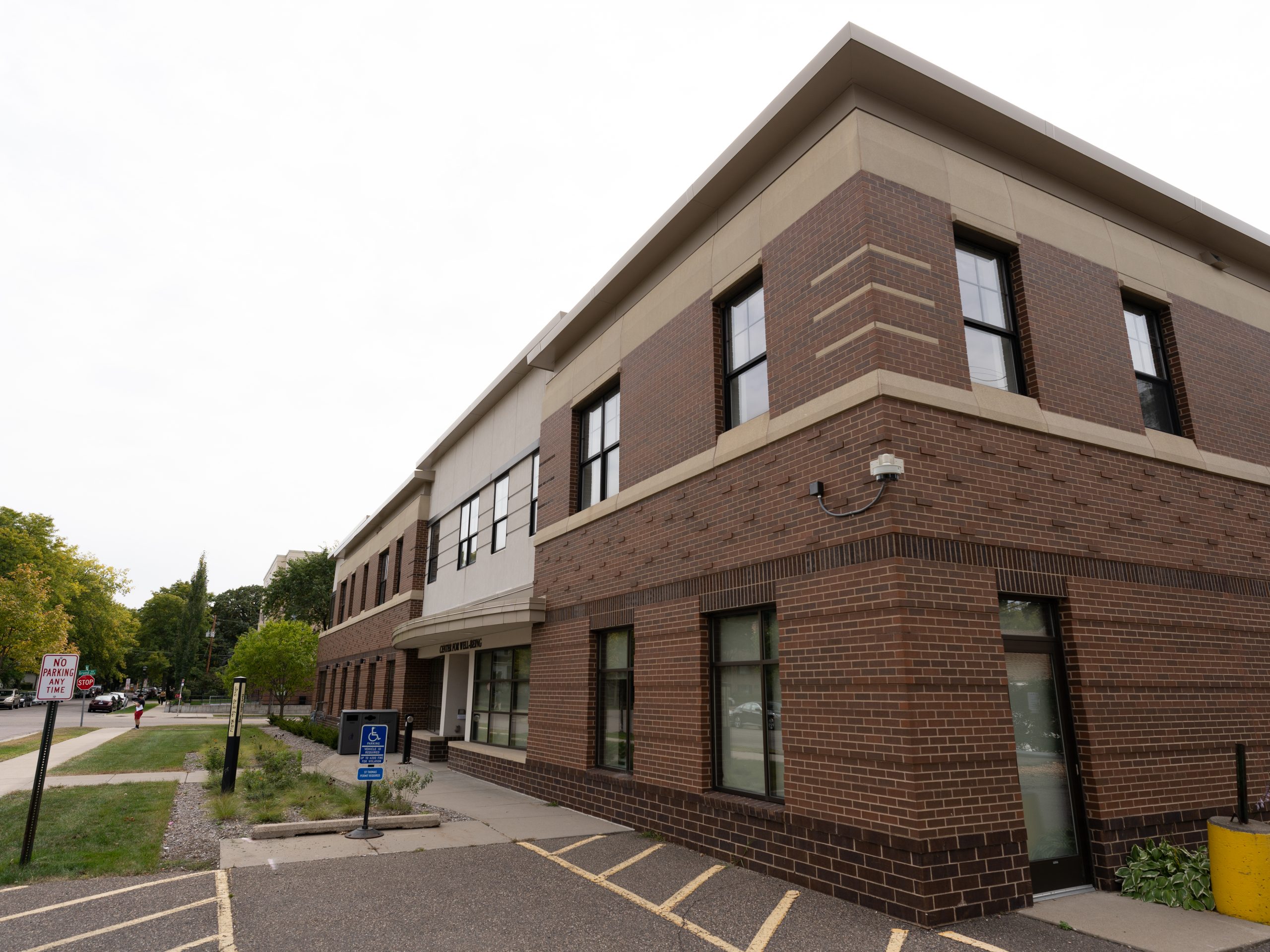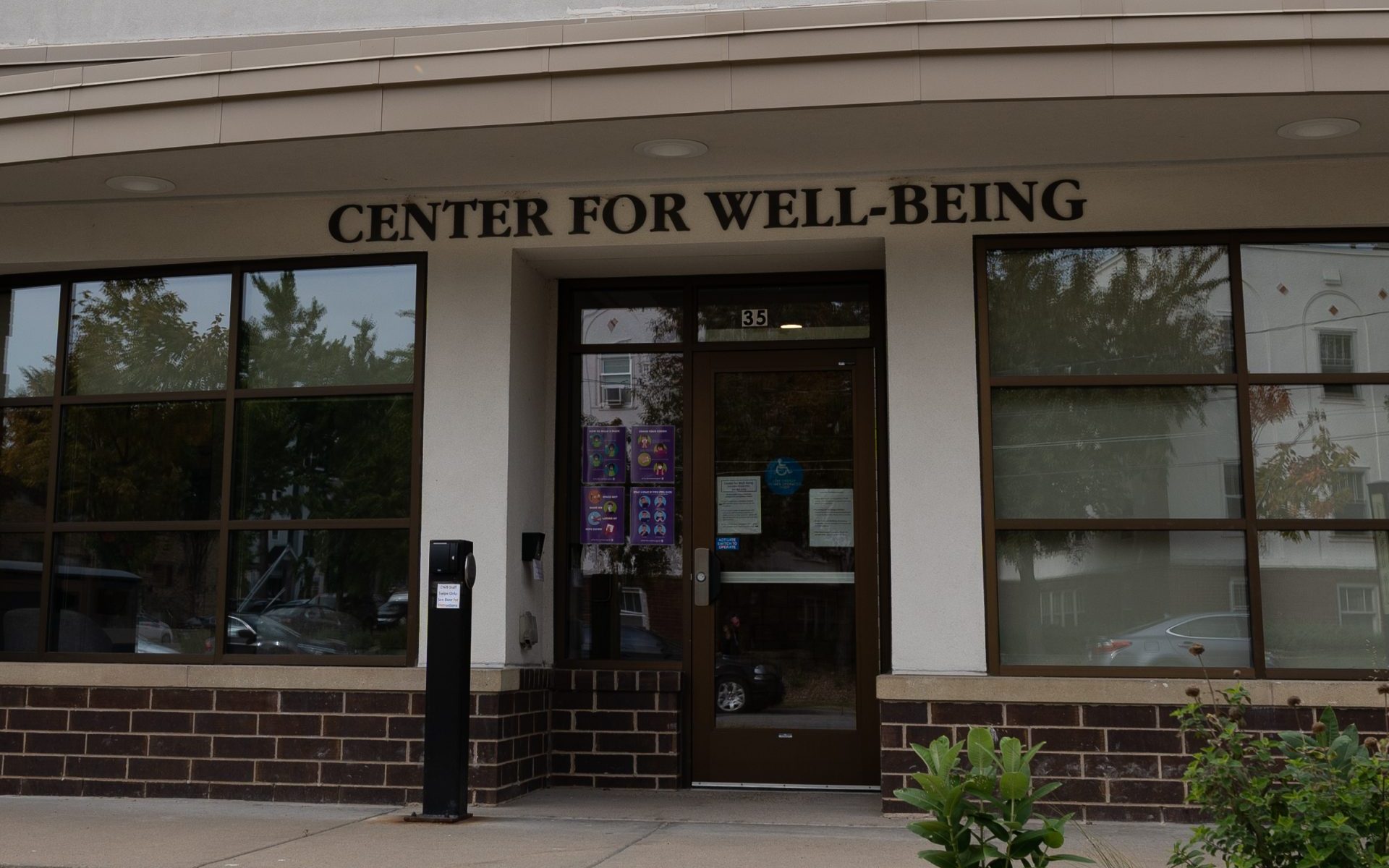
The St. Thomas COVID-19 Dashboard has reported 231 total positive cases through Oct. 9, but the numbers don’t tell the whole story.
As the world has learned, the virus is more complicated than mere case counts.
A study reported in July by the Journal of the American Medical Association that examined more than 16,000 samples suggested that, for various reasons, COVID-19 infection numbers were likely 10 times greater than the number of reported cases.
On a college campus, contact tracing is challenging; the St.Thomas Center for Well-Being contact tracing team has to factor in the high rate of asymptomatic cases among younger populations and the social pressures and decisions college students face.
In providing guidance to “Institutions of Higher Education,” the CDC said “students may be reluctant to share information about their social networks or peer groups, which may present challenges in eliciting close contacts.”
“Either they (students) don’t realize where to bring the case or they want to fly under the radar, do their isolation and pretend it really isn’t going on,” St. Thomas contact tracer Lisa Voland said. “Once you open that Pandora’s box, then those questions happen. They don’t want to put their friends in that position, but that isn’t helping stop the spread.”
Melanie Tucker, director of the university’s contact tracing team, wants students to know that they won’t be punished for reporting.
“This is something we really want to make clear to students,” Tucker said. “When we call, we’re not calling to get you in trouble. Our main purpose is to stop the spread of COVID-19.”
Students will only be referred to the Dean of Students Office if they are evasive or refuse to cooperate, Tucker said.
The Center for Well-Being’s contact tracing team includes 32 full- and part-time COVID-19 Information Line workers, who field questions from St. Thomas community members; care coordinators, who work with students once their case has been reported; and case investigators, who carry out contact tracing.
None of the team’s employees was a contact tracer before the 2020-21 school year; they are volunteers or members of departments that are less busy because of the pandemic, such as Study Abroad or events employees. Voland said contact tracing will most likely continue through the rest of the 2020-21 school year.
“We’re here to stay through this whole year,” Voland said. “I’m pretty confident in that. We still have a long way to go with this disease overall in this country.”
Team members sometimes work from 8 a.m. to 8 p.m., and Tucker and Voland haven’t had a single day off— weekends included— since the school year started.
“We’ve had 17 cases come in on a Sunday,” Voland said. “It’s seven days a week.”
Care coordinators work with on-campus students in quarantine and isolation after a positive COVID-19 test. Students in quarantine are told to leave campus unless they live far away, have an immunocompromised household member or do not have a safe environment to return to.
“Residence Life has a coordinated care protocol with Dining, Health Services, Dean of Students, and the Center for Well-Being for students in need of this housing. Students will receive support to continue with their academics while in isolation or quarantine,” the university’s COVID-19 Preparedness Plan explained.
Contact tracers have far less control over off-campus students, to whom they can only give guidance.
“My message would be for students to answer their phone when we call and be completely honest,” Tucker said. “If you’ve had close contact with 30 people, let us know that. We’re not going to judge you. I’m not in the judging business. We just want to stop the spread.”
The Center for Well-Being’s contact tracing page informs students that contact tracers will text, email, or call and leave a message with a callback number.
Names of students who report positive COVID-19 tests are kept private throughout the contact tracing process because of the federal law restricting the release of medical information and the understanding that students may not want peers to know about their case. However, the Center for Well-Being reports cases to the Minnesota Department of Health, which calls students to gather additional data.
The University Action and Response Team, which is composed of university administrators who prepare for and respond to university crises, partners with the Center for Well-Being in assessing the university’s situation by monitoring the number of positive cases, beds available for quarantine and isolation, and available tests.
Tucker said the risk of classroom virus transmission is also a consideration in the UART’s decision making, “and we’re not seeing that.”
At the current rate of infection, Tucker does not believe St. Thomas will have a campus shutdown during the fall semester. However, if the situation is no longer manageable, a short-term campus-wide quarantine is not off the table.
“To me, that seems a little more palatable,” Tucker said. “If you could still maintain classes during a two-week quarantine, that sounds better than leaving campus early.
“If there are a lot of cases on campus, we certainly don’t want students going home and taking the virus with them.”
Although Tucker and Voland have not seen any cases where hospitalization was necessary, they still want students to take the virus seriously and said some St. Thomas students have experienced high fevers and body aches.
“There’s this assumption that young people are asymptomatic or have mild symptoms,” Tucker said, “but there are some students who are very sick.”
Overall, Tucker believes students want to follow the Common Good Commitment that St. Thomas students signed before the school year began.
“This is a tough time; this is a really bad time,” Tucker said. “It’s going to take everyone jumping in and doing their part.”
The university has provided links where students and faculty and staff can self-report positive tests.
“Please, please, please report,” Voland said. “We can’t stop the spread if we don’t know the spread is happening.”
Mia Laube can be reached at mia.laube@stthomas.edu.


